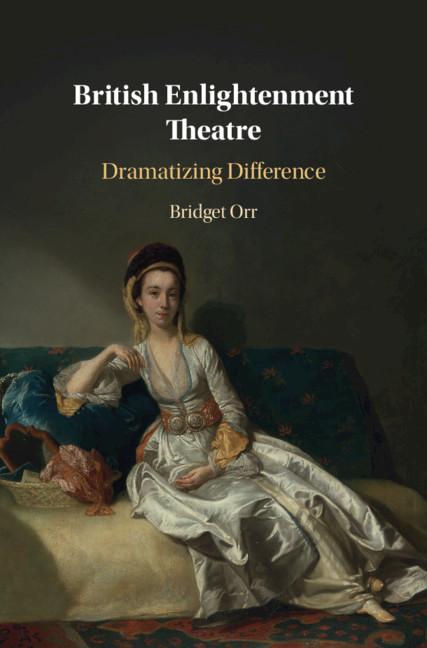British Enlightenment Theatre

British Enlightenment Theatre
761.51Lei
761.51Lei
Indisponibil
Descrierea produsului
Detaliile produsului

Cosul tau de cumparaturi a fost actualizat!

761.51Lei
761.51Lei
Indisponibil
Descrierea produsului
Detaliile produsului
Noi suntem despre carti, si la fel este si
Newsletter-ul nostru.
Aboneaza-te la vestile literare si primesti un cupon de -10% pentru viitoarea ta comanda!
*Reducerea aplicata prin cupon nu se cumuleaza, ci se aplica reducerea cea mai mare.


Salut! Te pot ajuta?
X